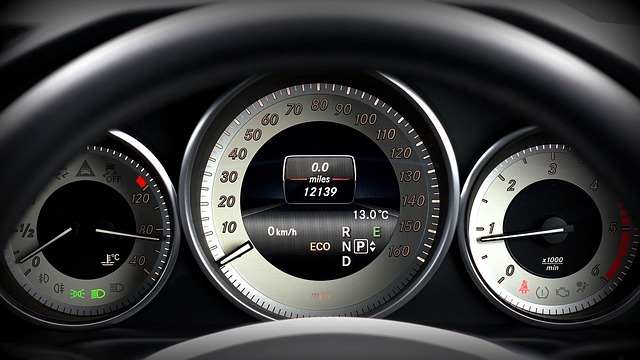6 Essential Maintenance Tips for High-Mileage Vehicles
23rd Dec 2022

How many miles does your vehicle have on it? Hitting the 100,000-mile mark on the odometer is a badge of honor. To keep your vehicle on the road, however, you'll need to maintain it. Here are six essential maintenance tips for high-mileage vehicles.
#1) Use Synthetic Oil
If you're still using conventional motor oil, you should consider switching to synthetic oil. Synthetic oil offers greater protection against friction and heat, and it lasts longer than its conventional counterpart. For high-mileage vehicles, there's no substitution for synthetic oil.
#2) Clean Fuel Injectors
You can keep your high-mileage vehicle on the road by regularly cleaning the fuel injectors. Fuel injectors are valve-controlled devices that are designed to spray or "inject" fuel into the engine. Over time, they can become clogged with deposits. Cleaning your vehicle's fuel injectors will promote a smoother, better-performing engine.
#3) Change the Air Filters
Don't forget to change your vehicle's air filters. Most vehicles have several different types of air filters, including an engine air filter and a cabin air filter. The engine air filter cleans the air that enters the engine, whereas the cabin air filter cleans the air that enters your vehicle's interior or cabin.
#4) Replace the Timing Belt or Chain
Whether your vehicle has a timing belt or chain, you should replace it according to the automaker's recommendations. Timing belts and chains are used to control the timing of the camshaft. Most automakers recommend changing them every 50,000 to 100,000 miles. Neglecting to change it may result in timing problems. Alternatively, if your vehicle has a timing belt, it may snap while causing severe damage to the engine.
#5) Change the Coolant
Another essential maintenance tip for high-mileage vehicles is to change the coolant. Most drivers rarely if ever change the coolant. Rather, they only acknowledge the importance of coolant when their vehicle begins to overheat. Coolant will degrade over time. Even if your vehicle's cooling system isn't leaking, it may overheat due to old, degraded coolant. You can keep your high-mileage vehicle on the road for longer by changing the coolant according to the automaker's recommendations, which is typically 30,000 to 60,000 miles for most vehicles.
#6) Check the Dipsticks
Try to get into the habit of checking your vehicle's dipsticks on a regular basis. The oil dipstick will reveal engine oil levels, whereas the transmission dipstick will reveal transmission fluid levels. If your vehicle is low on either of these fluids, you should top it off. You should also consider getting your vehicle professionally inspected, as low fluid levels may indicate a leak.

